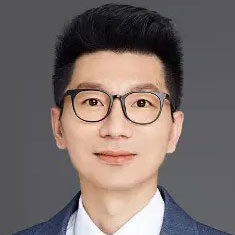
Dr. Liu is a PI of the School of Brain Science and Brain Medicine of Zhejiang University and a joint PI of the Neurosurgery Department of the Second Affiliated Hospital of Zhejiang University. He was graduated from Tsinghua University with a doctor's degree in 2008. He has been a Postdoctoral Researcher at the University of Oregon from 2008.02 to 2012.12, and research scientist at University of Virginia School of Medicine from 2013.01 to 2015.03. He has been a researcher of School of Basic Medicine, Zhejiang University from 2015.04 to 2020.10, and a researcher at the School of Brain Science and Brain Medicine, Zhejiang University since 2020.11. Dr. Liu is interested in the development of genetic models of diseases, mechanisms of neurogenesis and the interaction between tumors and the microenvironment. The laboratory mainly uses the advantages of multi-disciplines, combined with developmental biology, neurobiology, single-cell sequencing technology, in vivo two-photon imaging and chemical genetics to analyze the biological basis of glioma cell of origin and carcinogenesis from multiple levels, and screen specific diagnostic markers and key therapeutic targets. Related research work has been published in Nature, Cell, Advanced Science, Neuro-oncology and other journals.